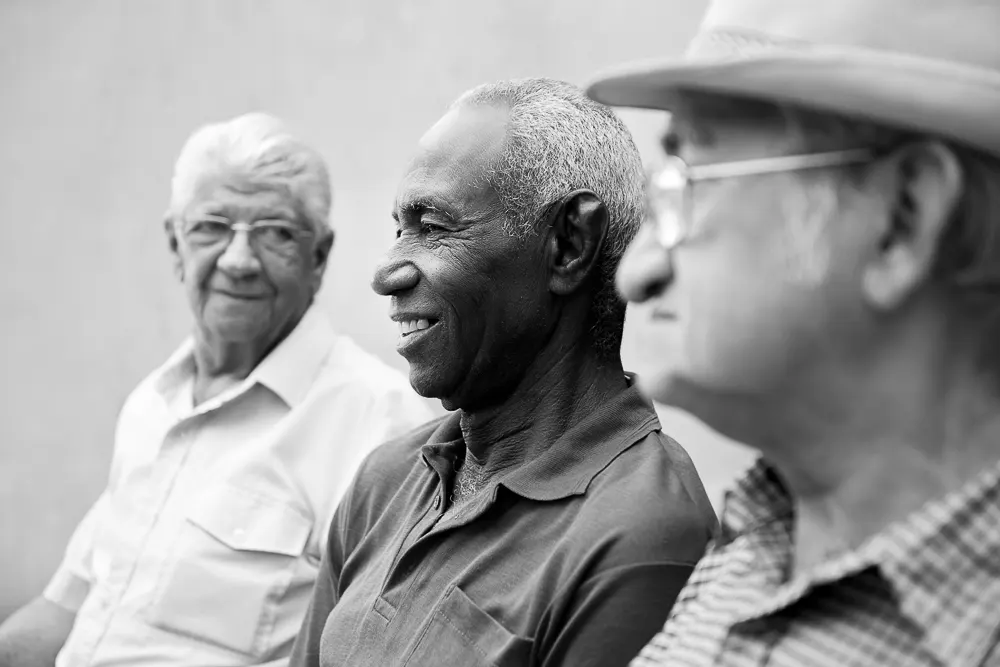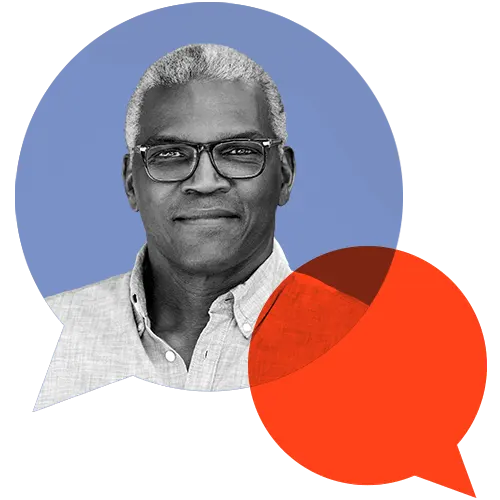Signs of Dementia and Early Alzheimer's Symptoms
It’s not an easy subject, but learning the differences between normal “senior moments” and early signs of Alzheimer’s disease or signs of dementia is very important. Early awareness can maximize one of your most valuable resources in maintaining brain health: time.
The earlier you notice signs of Alzheimer’s disease, the sooner you and your loved ones can take action. The benefit of time can allow you to plan for future care, participate in research or clinical trials, and make healthy lifestyle changes that could help manage and delay the onset of symptoms. There are many actions you can take to help sustain your daily life with Alzheimer’s.



Helping You Recognize Early Signs of Alzheimer’s Disease

Understanding Mild Cognitive Impairment

Talking to A Loved One About Memory Loss

Spotting Early Symptoms and Signs of Alzheimer’s Disease
People with memory problems may be first to notice that they are confused, have trouble with normal activities, or have other symptoms. Or, family and friends may be the first to notice. In either case, it’s important to know what to look for. Changes in mood or behavior, struggling with familiar activities, difficulty speaking or writing, and changes in vision or perception can be early signs of Alzheimer’s disease.
Symptoms can go on for years. But they can also get worse quickly. It is important to talk to a doctor as soon as you notice them. This can help you and your loved one find out what’s wrong and make a plan.

Understanding Psychosis in Alzheimer’s Disease
One of the possible early symptoms of Alzheimer’s disease can be confusion about what is real and what is not, a symptom known as Psychosis. These can include hallucinations or delusions. It’s important to raise this with your doctor if you or a loved one is experiencing symptoms like this

Stages of Alzheimer’s Disease
What can I do if I Notice Signs of Dementia or Alzheimer’s?
Once you notice signs of dementia or Alzheimer’s there are many actions you can take. A first step when you are noticing changes in your or a loved one’s memory is taking the BrainGuide Memory Questionnaire. You may also want to talk to a doctor about signs of Alzheimer’s disease and other memory concerns.
There are many actions you can take to help sustain daily life with Alzheimer’s. Several lifestyle changes can even help reduce or delay the onset of Alzheimer’s symptoms. As you navigate caring for yourself or a loved one, UsAgainstAlzheimer’s offers many resources you can access along your journey.

Understanding Mild Cognitive Impairment

Talking to A Loved One About Memory Loss

Spotting Early Symptoms and Signs of Alzheimer’s Disease
People with memory problems may be first to notice that they are confused, have trouble with normal activities, or have other symptoms. Or, family and friends may be the first to notice. In either case, it’s important to know what to look for. Changes in mood or behavior, struggling with familiar activities, difficulty speaking or writing, and changes in vision or perception can be early signs of Alzheimer’s disease.
Symptoms can go on for years. But they can also get worse quickly. It is important to talk to a doctor as soon as you notice them. This can help you and your loved one find out what’s wrong and make a plan.

Understanding Psychosis in Alzheimer’s Disease
One of the possible early symptoms of Alzheimer’s disease can be confusion about what is real and what is not, a symptom known as Psychosis. These can include hallucinations or delusions. It’s important to raise this with your doctor if you or a loved one is experiencing symptoms like this

Stages of Alzheimer’s Disease
What can I do if I Notice Signs of Dementia or Alzheimer’s?
Once you notice signs of dementia or Alzheimer’s there are many actions you can take. A first step when you are noticing changes in your or a loved one’s memory is taking the BrainGuide Memory Questionnaire. You may also want to talk to a doctor about signs of Alzheimer’s disease and other memory concerns.
There are many actions you can take to help sustain daily life with Alzheimer’s. Several lifestyle changes can even help reduce or delay the onset of Alzheimer’s symptoms. As you navigate caring for yourself or a loved one, UsAgainstAlzheimer’s offers many resources you can access along your journey.


